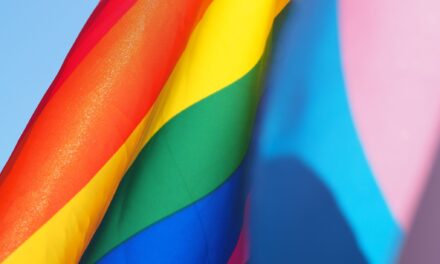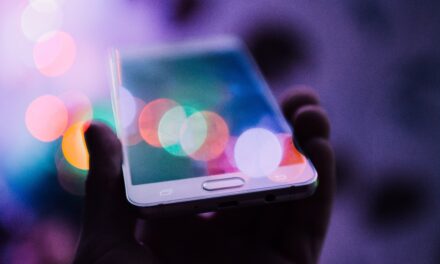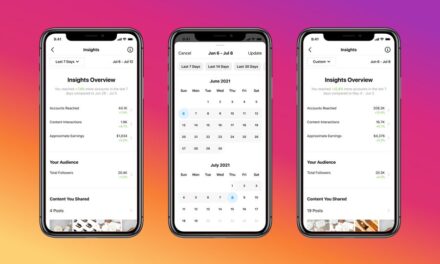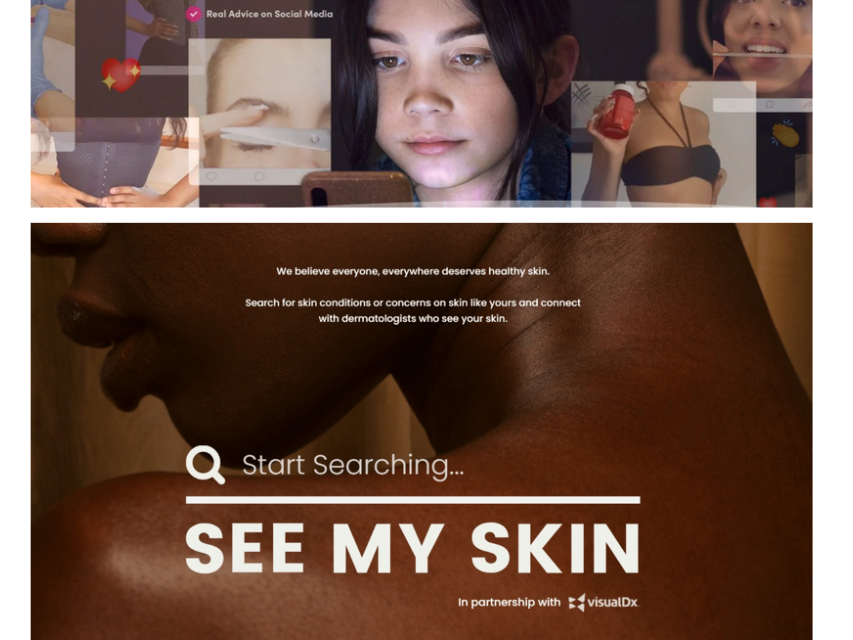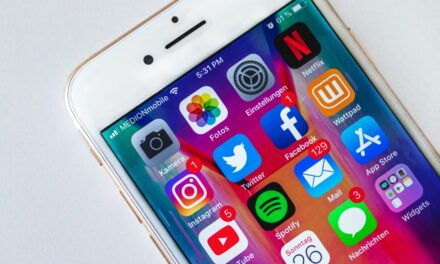Two recent campaigns from brands Dove and Vaseline are centered around self-esteem and inclusivity. Let’s take a look at how these brands are helping people take better care of themselves.
Dove
According to the Dove Self-Esteem Project, 1 in 2 girls say toxic beauty advice on social media causes low self-esteem.
Dove’s #DetoxYourFeed campaign encourages young people to unfollow toxic beauty accounts and tune into more empowering content and inspiring voices. This campaign features a variety of films, partnerships, and educational content. The message? Identify your own standards of beauty, instead of abiding by harmful, societal rules about what’s beautiful. How? Curate your feed with intention. Building body confidence and harnessing your own self-esteem amidst a world full of toxic messaging on social is tough – but Dove is here to help with this awareness campaign.
A short, educational film called “Detox Your Feed: The Parents Guide” gives tips for caregivers, mentors, and parents about discussing negative body image content on social media with their kids. Plus, a workbook from Dove called “The Confidence Kit” offers additional resources about talking to kids about toxic social content.
Dove is also hosting a virtual, free, livestream event and Q&A session for parents on May 12. The Dove Real Talk Parent workshop will feature the voices of cultural expert Jess Weiner and leading psychotherapist Nadia Addesi.
“We’ve identified a clear problem that is eroding the self-esteem of our girls and needs immediate attention and action. We created this #DetoxYourFeed campaign to not only raise awareness around the insidious nature of toxic beauty advice, but to also help parents navigate tough conversations and empower teens to unfollow content that makes them feel bad about themselves,” said Leandro Barreto, global vice president of Dove. “While it may be a bit overwhelming at times, we hope it will contribute to important conversations that lead to a more positive experience for teens on social media.”
Vaseline
If you search for skincare information online, you are more likely to find inaccurate results if you are a person of color. Research published by the Journal of the American Academy of Dermatology found that less than 6% of image-based search results show conditions on skin of color.
Vaseline is working to fight bias and discrimination in the skincare and dermatology space through their database called See My SKin, which helps people of color to find accurate and relevant resources about their skin.
The brand partnered with HUED, a digital health company that improves quality of care for Black, Latinx and Indigenous populations through education, access, and data, as well as VisualDx, a medical information company that reduces healthcare bias by improving clinical decisions through visualization.
See My Skin is the only database designed to search for conditions on skin of color and connect patients with dermatologists who understand their skin care needs. The database improves the search experience by providing access to quality, unbiased, and robust skincare information from board-certified dermatologists. Plus, a variety of educational resources are available with expert recommendations about caring for your skin at home, when to seek care from a dermatologist, how to prepare for appointment care, and what questions to ask. People can also submit their own images and experiences to continually grow better and stronger representation for all skin colors.
Vaseline’s goal is to create 15 million more equitable skincare experiences by 2025. Its mission to provide healthy skin to everyone can’t be accomplished if part of its customer base has access issues caused by systemic racism that impacts medical standards and algorithmic search.
“We created See My Skin so that people with melanin-rich skin could finally see skin conditions on themselves. Our goal is to provide solutions that ensure communities are equipped to get the care that everyone deserves. This is a step in that direction,” said Kevin Tolson, brand director of U.S. skincare at Unilever.
What can we learn from these campaigns?
People of all ages and backgrounds need information about how to take better care of themselves, both mentally and physically. The dialogue has been started, but there is plenty of room to grow. Brands who show up for struggling people position themselves as helpful, inclusive, and on the forefront of an ever-expanding conversation – how to better care for yourself in a toxic world.

